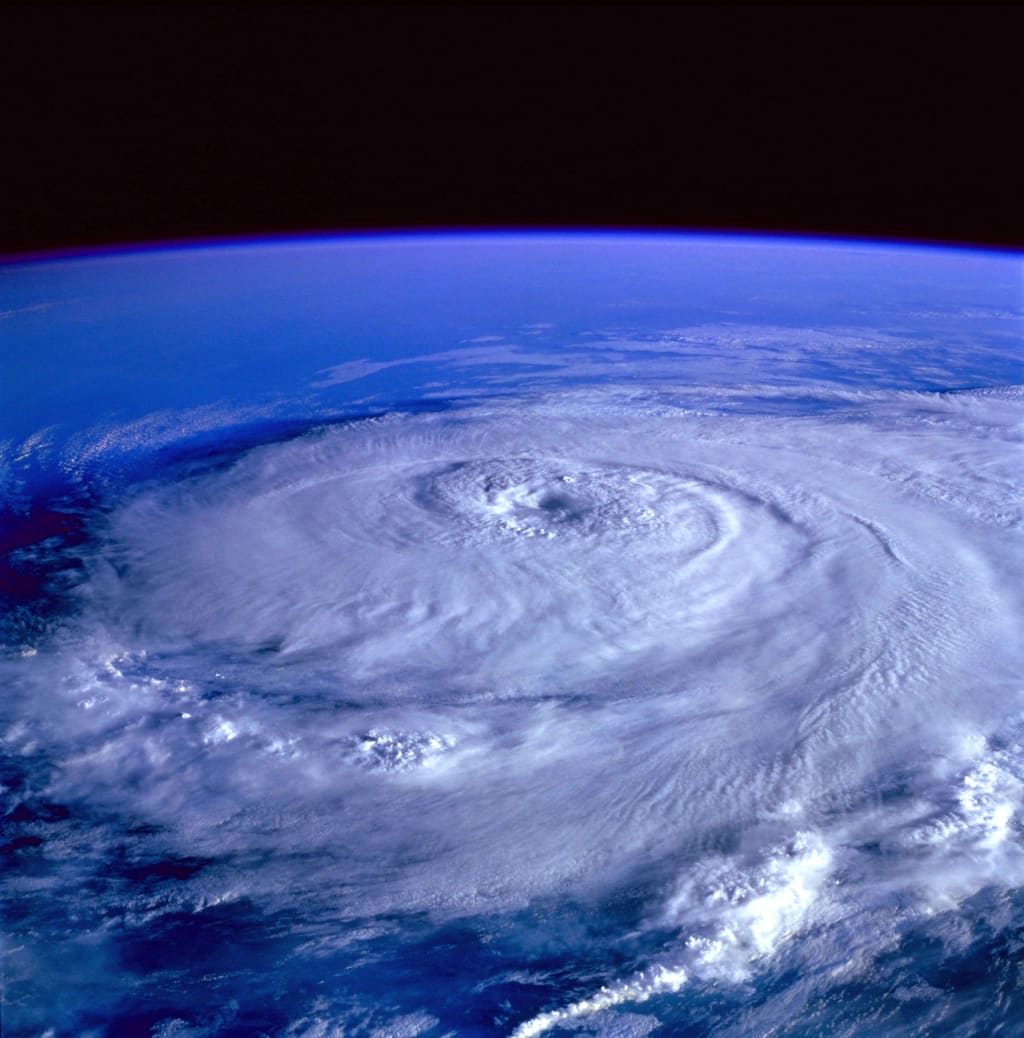
The South Pole, also known as the Earth's southernmost point, is one of the most remote and inhospitable places on Earth. It is located in Antarctica, which is the fifth-largest continent, and it is covered with ice and snow all year round. Despite the harsh conditions, scientists have been studying the South Pole for decades, and there are still many mysteries to explore.
One of the biggest mysteries surrounding the South Pole is the question of how life survives in such extreme conditions. The temperature at the South Pole can drop as low as -128 degrees Fahrenheit, and there is very little sunlight during the winter months. Yet, there are still creatures that manage to survive in this environment. One of the most famous of these creatures is the Antarctic krill, which is a small, shrimp-like creature that is a key part of the food chain in the Southern Ocean. Scientists are still trying to understand how the krill and other creatures are able to survive in such extreme conditions.
Another mystery of the South Pole is the question of how the ice sheet that covers the continent is changing over time. The Antarctic ice sheet is one of the largest ice sheets in the world, and it holds enough ice to raise global sea levels by over 200 feet. In recent years, there have been concerns about the stability of the ice sheet, as warmer ocean waters are causing the ice to melt at an increasing rate. Scientists are working to better understand how the ice sheet is changing and what the potential impacts could be for the planet.
In addition to these mysteries, there are also many fascinating scientific discoveries that have been made at the South Pole. For example, in 2013, researchers discovered evidence of a cosmic event that occurred over 13 billion years ago. Using a specialized telescope called the Ice Cube Neutrino Observatory, scientists detected particles called neutrinos that had traveled through the ice from a distant galaxy. This discovery has helped scientists better understand the nature of the universe and how it has evolved over time.
Another major scientific discovery at the South Pole is the detection of the ozone hole. In the 1980s, scientists began to notice that the ozone layer over Antarctica was thinning at an alarming rate. This discovery led to an international effort to reduce the use of ozone-depleting chemicals, such as chlorofluorocarbons (CFCs). Today, the ozone hole is still present, but it is slowly recovering thanks to the efforts of scientists and policymakers around the world.
Finally, the South Pole is also a key location for studying climate change. Because the region is so remote and isolated, it is one of the few places on Earth where scientists can study the atmosphere and climate in a relatively pristine state. Over the past several decades, researchers have been collecting data on temperature, precipitation, and other factors in order to better understand how the climate is changing over time. This information is critical for predicting future climate patterns and developing strategies for mitigating the impacts of climate change.
In conclusion, the South Pole is a fascinating and mysterious place that continues to captivate scientists and researchers around the world. From the creatures that manage to survive in extreme conditions to the cosmic events that have shaped the universe, there is much to be explored and discovered at the southernmost point on Earth. As our understanding of the South Pole and the wider universe continues to evolve, we can only imagine the exciting scientific breakthroughs that lie ahead.
About the Creator
Hanaff Jr
Just Writer...






Comments
There are no comments for this story
Be the first to respond and start the conversation.